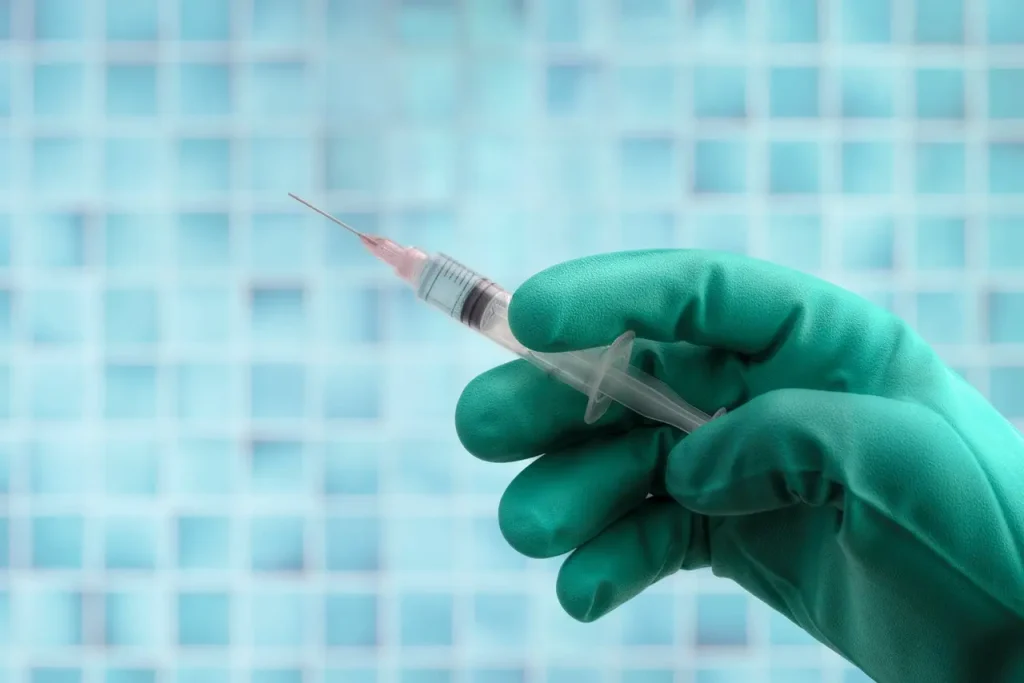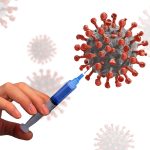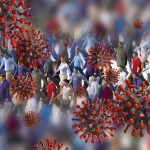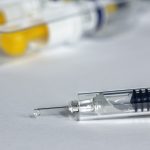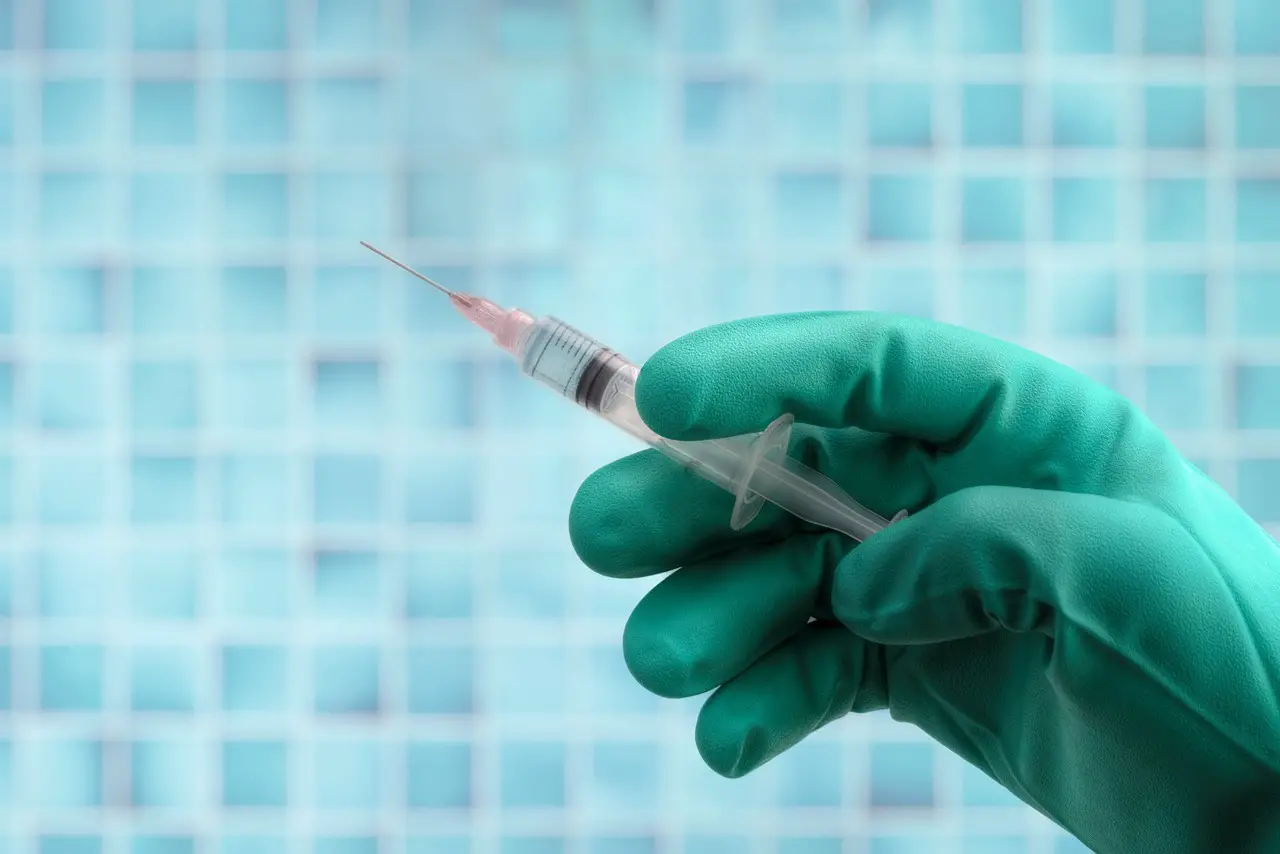
ZAGREB, Dec 27, 2020 – A member of the government’s Scientific Advisory Council, Andreja Ambriovic Ristov, has said that the arrival of the COVID-19 vaccine in Croatia is the beginning of “the end of the abnormal situation we have been living in for ten months.”
The first 9,750 doses of the Pfizer-BioNTech COVID-19 vaccine arrived in Croatia early on Saturday morning and the vaccination was set to start on Sunday.
Ambriovic Ristov, who heads the Department for Molecular Biology of Zagreb’s Rudjer Boskovic Institute, said in an interview with Croatian Television on Saturday that the situation regarding the COVID-19 pandemic would not get back to normal so soon and that the dynamic of the vaccination would determine how soon herd immunity would be achieved.
It is assumed that immunity requires vaccinating 70% of the population, but there is a possibility that more people will have to get vaccinated, she added.
She noted that people should not relax too soon and that they should comply with the epidemiological restrictions in force.
“The current restrictions cannot be relaxed. They are good, the government made the right decision because two weeks ago, when they were introduced, the number of new infections started to decline. Unfortunately, the decline in hospital admissions is small but the number of fatalities is unfortunately still not going down,” she said.
Ambriovic Ristov noted that one would have to live with restrictions until a majority of the population was immunised and until it became evident that the virus was circulating less in the population.
She said that it was not likely that people would be able to stop wearing face masks by autumn, but that the end was in sight.
She said that the vaccine was safe and that vaccination would not change anything in the human genome.
“We will stay as we are, the vaccine is completely safe,” she said, stressing that only those with a history of more serious allergic reactions should be on guard.
Researcher: Vaccine won’t yield effects before March
Researcher and molecular biologist Ivan Djikic said on Saturday that the vaccine that arrived in Croatia earlier in the day would not yield effects before March and stressed that compliance with epidemiological restrictions in January and February was essential for protection.
Expressing confidence that more than 70% of the population would get vaccinated based on positive results, he said that one should continue to be cautious because the vaccine alone would not defeat the disease.
It will take four to five weeks for the vaccine to yield a positive effect. “January and February are the months when we will have to work together to protect ourselves,” he said.
The situation in Croatia regarding the epidemic is unstable, data on new infections are not reliable, the rate of testing is insufficient, he said.
“Croatia is No. 1 in terms of the growth of mortality, No. 2 in terms of the number of deaths and No. 4 in terms of pressure on hospitals. The vaccine will not yield effects before March, only our joint work will,” he said, predicting that the situation will become more normal in the second half of 2021 but that life will completely get back to normal only in 2022.

